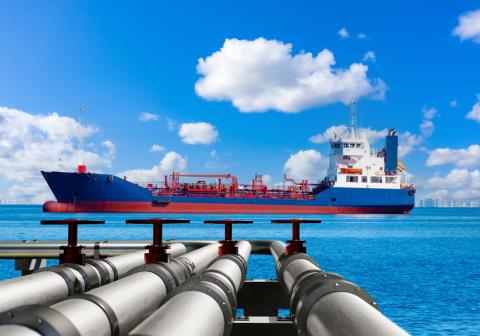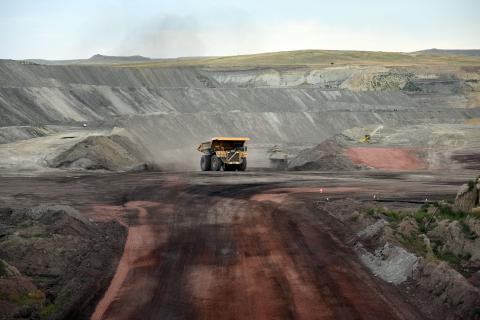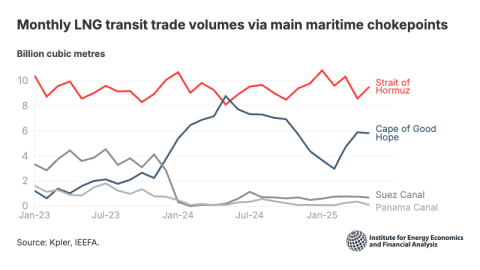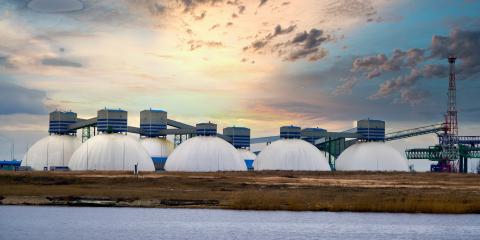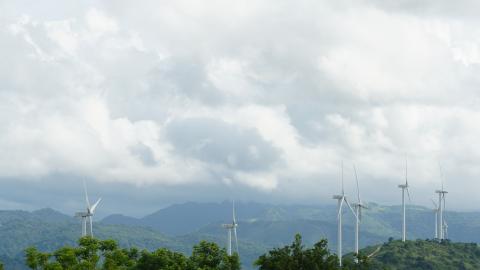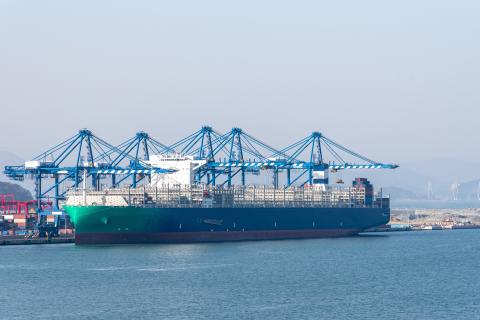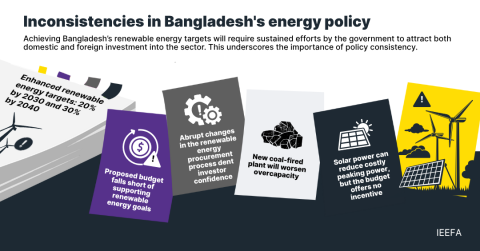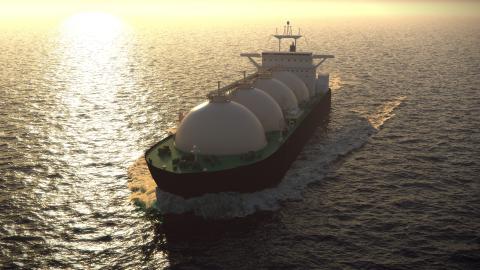IEEFA Europe: As Global Climate Pact Takes Force of Law, a Bleak Outlook for Coal-Fired Power

What happened in Morocco last week underlines the extreme and now persistent risks to the economics of coal-fired power plants across Europe and further afield, raising the prospect of further write-downs by utilities.
Some 191 countries signed the Paris Agreement in December, but a certain threshold had to ratify before it entered into force. That happened at the global climate summit in Marrakesh on Friday.
The agreement requires countries to submit new, more ambitious climate action targets every five years with an eye toward achieving long-term goals to limit average global warming to “well below” 2 degrees Celsius and to reduce net greenhouse gas emissions to zero before 2100.
Under the deal, almost all signing countries have pledged to reach climate action goals by 2025 or 2030, and developed countries have agreed to take the lead. All players will have to make each round of action more ambitious than the last.
This is a pact that is difficult to translate to the level of individual power plants in individual countries because of its multilateral nature. But it’s safe to say the Paris Agreement probably makes less likely a return to fortune of coal-fired power plants, whose value has already fallen in Europe.
In a report published in June, the Netherlands-based research group Spring Associates analyzed the value of three new Dutch coal-fired power plants commissioned last year, for example. Spring used cash-flow analysis to put the net present value of the three power plants today at €3.5 billion. That compared with the estimated construction costs of around €6 billion.
WHAT HAS CAUSED SUCH A REVISION? Granted, the decision to put €6 billion into passé power assets was made before the global financial crisis, which cratered energy demand in the short-term at least. However, the more significant forces arrayed now against the plants like these include shifting trends in energy markets that include falling coal-plant running times, lower wholesale power prices, higher carbon prices in some countries, and the rise of renewables.
Increased cross-border interconnections and market coupling across central-western European countries, in particular, have increased the spread of renewable energy in high wind/solar/hydro countries that include Denmark, Finland, Norway, Germany and Sweden.
Lower wholesale power prices can be traced to actual over-capacity in some countries, and over-capacity is partly about renewables growth as well as reduced energy demand, which comes about as the result of economic restructuring toward less energy-intensive manufacturing and services industries, efficiency investment and innovation.
Meanwhile, some countries have imposed carbon pricing—costs applied to carbon pollution as a means to curb emissions—above levels set under the European Union’s wider carbon market. Britain’s carbon price floor, for example, has been one of the biggest factors behind that country’s collapse in coal generation this year. Meanwhile, reforms are underway in the EU’s carbon market to assure gradually rising carbon prices across Europe, although those will occur slowly and albeit from very low levels.
For coal-fired power plant operators, the alternative-scenario assumptions that could save them from oblivion include: zero growth in renewable energy; less innovation in renewable energy, grid and efficiency technology; lower investment in electricity interconnection and industrial efficiency; re-industrialization of the European economy; a reverse in long-term reductions in energy intensity; and European carbon prices sustained at today’s low levels (as a result of less-ambitious emissions targets).
The Paris Agreement has made most, or all, of these assumptions less likely.
Gerard Wynn is an IEEFA energy finance consultant.

